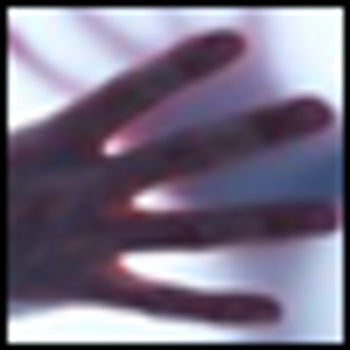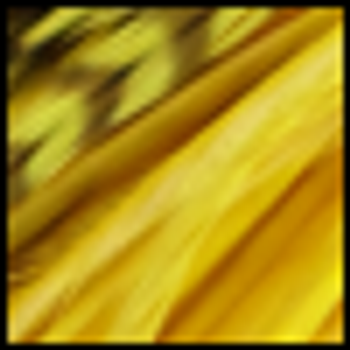
I begin by remembering my hours as a patient and Freud’s “Fundamental Rule”: Say Whatever Comes to Mind...

I begin by remembering my hours as a patient and Freud’s “Fundamental Rule”: Say Whatever Comes to Mind...

When I’m hungry, I love to stroll past the campus barnyard and visit the colorful, caged characters who live, like me...

I’d love to create a new set every year, our glossy portraits on one side, caduceus in the corner, honors, cure rates, and publications on the back...

When a full-time writer's husband was diagnosed with cancer, she found writing poetry helped her cope. She guessed that others would, like her, find their experiences with cancer best expressed through poetry. So began The Cancer Poetry Project.

Three years deep in despair, he’s swallowed every pill I prescribed...

Under the V of her cashmere sweater, sacs of silicone sag in tangled scar, their arc of cleavage a triumph...

If I could be edible, I would want to be a steamed vegetable dumpling, pure white like my doctor’s coat…

While I watch the artist paint, I imagine him in the time of plague crafting a portrait of a Medico della Peste, a Plague Doctor wearing an ibis-like mask...

In the graph, bands of color recede like mountain silhouettes drawn by a child...

I never take calls when I'm with a patient, except today when the phone rings from Boston-liver mets on his scan, biopsy tomorrow...

After all the encores at Tanglewood, the only music left is September’s song of crickets scraping their legs for mates...

The sharp steel wall of the concert hall encloses the melody and wounds the summer sky, a soft yellow glow gathering before moonrise...

Outside, the bluestone patio warmed my bare feet, and I smelled Casablanca lilies and honeysuckle we planted last spring.

Before I knew much psychiatry I met his angry stare in the ER, a homeless man with a three day beard...

We climbed concrete ramps from the subway’s underground world, up to the grandstand and my first vision of heaven...

spring-time territory, raucous and free as a New Orleans . . . trumpet, my patient locked-in to the wild tune

But old colleagues said . . . the holocaust made him an atheist with a poet’s heart, . . . a Jew who loved to stand and chant David’s psalms

I pictured him at his waiting room door . . . clutching a chart, catching eyes, . . . calling out a name, bewildered

I place a stethoscope in my ears and listen to the heart when I’ve run out of things to say.

I'm reviewing a left ventriculography from a man with chest pain, MI ruled out, his wife dead for a post-crash hour...

"A hundred people dancing so hard they’ve thrown off their shoes . . ."

Einstein's happiest moment revealed.

-for SusanneWe kneeled on the bookstore floortwo students scanning the bodiesof new books, checking outeach other's Principlesof Internal Medicine.Scores of textbooks laterwe're a pair of pagers and missed dinners,companions in sleep-deprived nights.We suffered the long delaybefore our only child while we ranto slashed wrists and ODs,sprinted from half-read journalto school play to board meeting.In conversation long as summer lightwe talked patients and drugs,recited the simple prayers of dying,learned how we both took medicineas a life-long lover.One hushed June evening in mid-lifescented rose and thick with fire-flies,the phone steals her.I sit with my half-filled glass

Within recent medical times psychologic investigations have reawakened interest in the psychological settings in which illness develops. Reports in the literature have singled out loss as a precipitating factor in a variety of disorders . . . including ulcerative colitis. –Arthur H. Schmale Jr, MDIt was a time when men wore fedorasbanded on the crown, each band with a feathertucked into a bow, and inside,sweat bands carved from calf skins

Needle sticks and night call, Hep B burrowing skin, bad smells, deep wounds, death, dying, dead wood...


A poetry reading by psychiatrist Richard Berlin, MD.

One of the special aspects of practicing in a small community is seeing patients living their lives outside the office.

Two yellow feathers and a skull. . . drop from the sky and fall on the brown . . . scar of trail, a sharp-shinned hawk

Each wound speaks its own language.